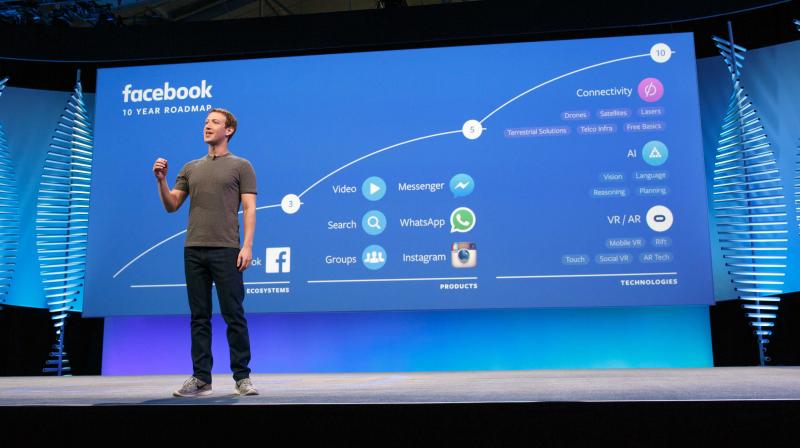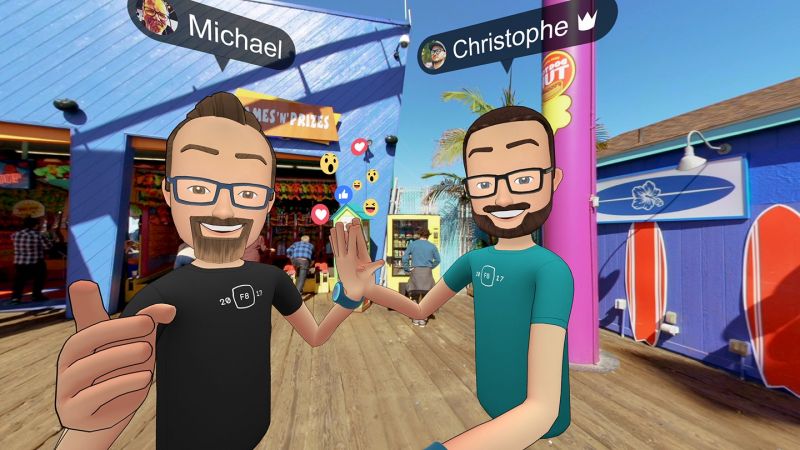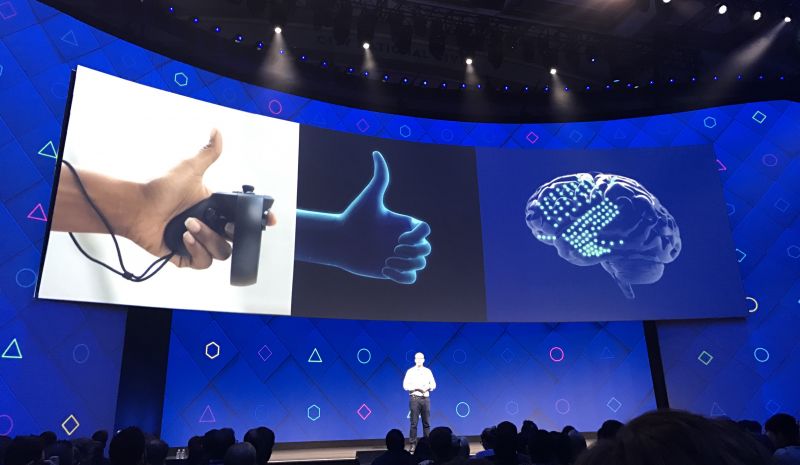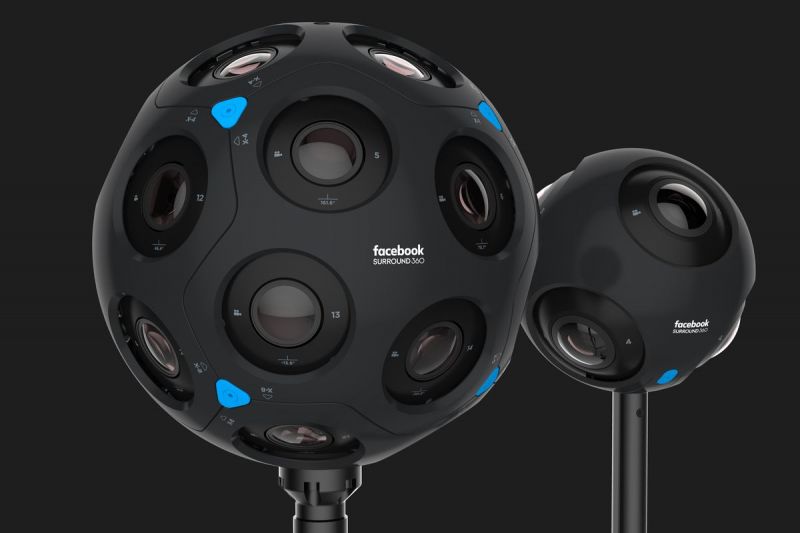Facebook's 2017 F8 Developer Conference: in a nutshell!

Facebook has an ambitious and glorified pathway designed for itself in the upcoming months. The company wants to shift its image from “your average social media site” to “the place to be for the best social experience”.
Mark Zuckerberg stressed on the idea of bringing in augmented reality to the social media space. His vision to provide “virtual computing” to the masses looks promising through all the revelations in the 2-day event. Let’s have a look at all the fancy stuff that will be associated with Facebook in the future.
Camera Effects Platform
Facebook has developed a new platform for developing augmented reality applications on its platform. Under this platform, there will be 2 products: a Frame Studio for people to design frames for using in profile pictures and Facebook Camera. The other one is the AR Studio (presently in Beta) that can be used to create masks, scripted effects, animated frames and other AR technologies that react to movement, the environment or interactions during Facebook Live videos. Sounds similar to Snapchat’s filters, doesn’t it?
Facebook Spaces
This is Facebook’s attempt at inducing virtual reality (VR) into your everyday social media activities. Spaces will be a separate app that will bring together virtual avatars of your friends in a virtual space and will allow the participants to interact with virtual elements in a virtual space with real-world backgrounds.
You can draw imaginary lines in that space, take selfies with your virtually generated friends and do a direct video call with another friend through Messenger’s video calling facility. However, you will have to have the Oculus VR kit to experience Spaces once released.
New Messenger
Facebook is giving a major update to the Messenger after opening it up to the developers last year. There’s a new “Discover” tab in the homescreen that allows people to find the bot for Messenger they’re looking for in an intuitive and thoughtful way, right from the home screen in Messenger. New parametric Messenger codes will help discovery in the physical world, giving people the option to scan Messenger Codes through the Messenger camera and link to their favourite brands and businesses. Messenger has also got a new AI assistant called M that will provide assistance to users regarding a specific topic that is being discussed in the chat window or a group.
Building 8
Facebook also wants to venture towards research regarding communication that involves brain signals. Yes, according to Facebook, you shall be able to write 100 words per minute by only thinking about the content in your mind. That can be achieved by decoding neural code through additional hardware and software that can be embedded in the current communication input system.
There approach towards it will be in the form of a non-invasive system that could one day become a speech prosthetic for people with communication disorders or a new means for input to AR.
There’s also a separate research to be done on hearing through your skin. Yes, you heard it right. Facebook feels that the 2 square meter of skin available on our bodies can be a great medium in receiving massive amounts of information through a combination of hardware and software dedicated to the activity. You can think of it as a digital version of the Braille system for everyone.
VR and AR
Virtual Reality has been the hot topic these days and Facebook doesn’t want to leave that as well. At the conference, they unveiled the new camera for recording VR through “Surround 360” technology. Two models – the X24 and X6 help record 360-degree video footage for experiencing a video footage all around you through the VR kit. The new camera technology lets you move around within the video scene and experience the content from different viewing angles.
Chief Scientist of Oculus Research Michael Abrash wants to develop a version of augmented reality (AR) that enhances your vision and hearing seamlessly while being light, comfortable, power-efficient and socially acceptable enough to accompany you everywhere. He talked about the rise of virtual computing – which consists of both virtual and augmented reality as the next great wave of personal computing. He said that the technology for virtual computing has to adapt a see-through medium (think of the head-on-display technology present in aircraft) within a decade to become a practical part of our daily lives.




